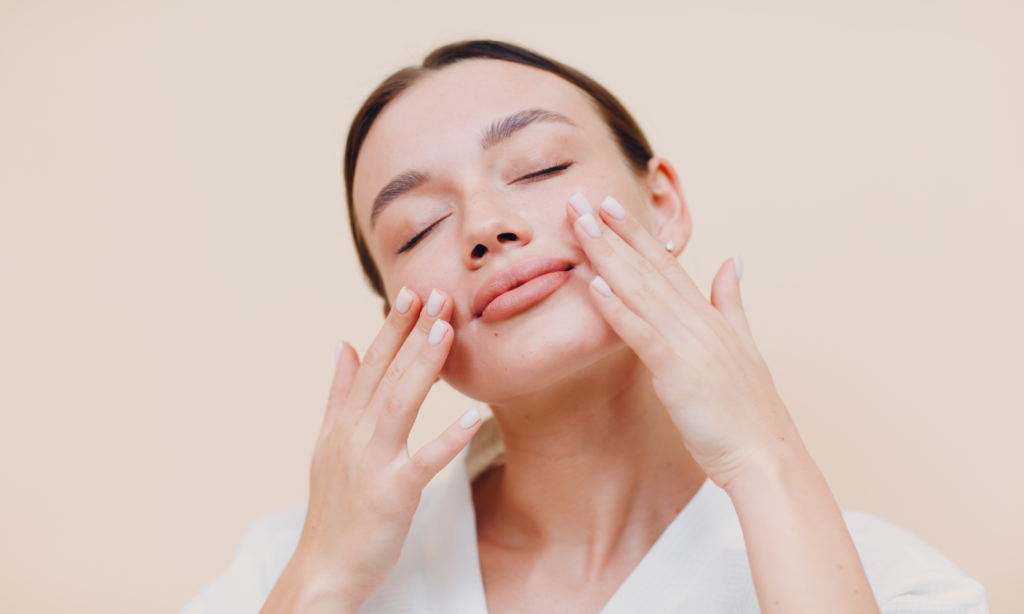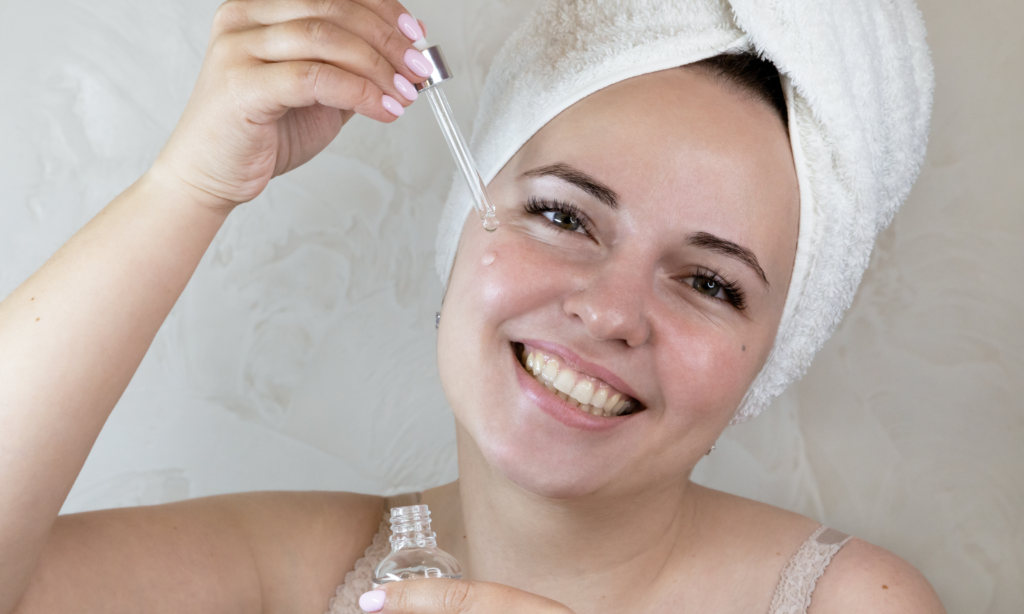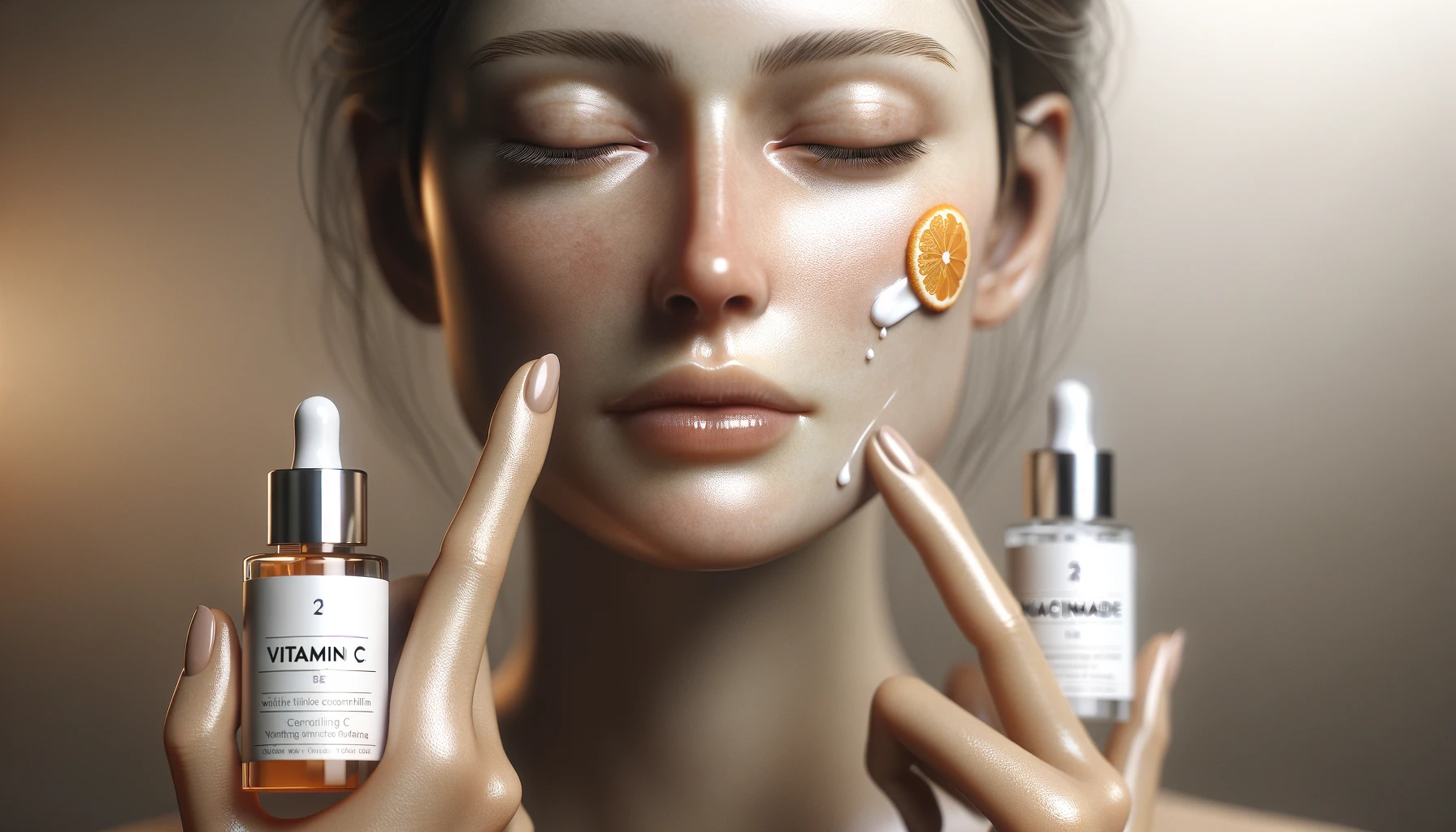Does Retinol Expire? Investigating Retinol’s Shelf Life
Discover the Truth About Retinol Expiration Date and How to Preserve its Potency. Your go-to guide for skincare enthusiasts on extending retinol's efficacy and handling expired products. Read more now!"

When it comes to skincare products, one ingredient that has gained immense popularity is retinol. Retinol is popular for its anti-aging effects, targeting wrinkles and fine lines. People commonly use it in beauty routines.
Retinol, like other skincare items, has an expiration date. It's important to know if it expires and how to make it last longer. This article will cover the duration of retinol, proper storage methods, and handling expired products.
First, we will explore how long retinol remains effective. Next, we will provide guidelines on storing retinol correctly. Lastly, we will discuss what actions to take with expired retinol products.
1. What is Retinol?
Retinol is a form of vitamin A and belongs to the retinoid group. It is a powerful and widely recognized ingredient in the skincare industry due to its numerous benefits for the skin. Retinol's ability to boost collagen production, accelerate cell turnover, and improve skin texture makes it an effective solution for aging skin.
2. The Importance of Active Ingredients in Skincare Products
When it comes to skincare products, active ingredients play a crucial role in delivering the promised results. These ingredients are biologically active and are responsible for the specific effects the product claims to have. In the case of retinol, its potency is what makes it so effective in targeting the signs of aging.
3. Understanding Anti-Aging Benefits of Retinol
Retinol's anti-aging benefits stem from its ability to penetrate the skin's surface and promote the production of collagen. Collagen is a protein that provides structure to the skin, and its degradation is one of the leading causes of fine lines and wrinkles. By stimulating collagen production, retinol helps reduce the appearance of wrinkles and promotes a more youthful complexion.
4. Does Retinol Expire?
Yes, retinol does expire, and using expired products can lead to ineffective results and potential skin issues. It's essential to pay close attention to the expiration date mentioned on the product's packaging.
4.1 Why Check the Retinol Expiration Date?
The expiration date indicates the period during which the product is expected to remain stable and effective. Using retinol beyond its expiration date may not provide the desired results, as the active ingredient may lose its potency.
4.2 Factors Affecting Shelf Life
Several factors can affect the shelf life of retinol. Exposure to air, light, and heat can accelerate the degradation of the active ingredient, rendering it less effective.
4.3 Extending the Shelf Life of Retinol
To extend the shelf life of your retinol products, it's crucial to store them properly. Store them in a cool, dark place away from sunlight and heat. Additionally, consider products that come in dark glass containers, as they offer better protection against light exposure.
5. How to Store Retinol Properly?
Proper storage is key to maintaining the efficacy of retinol products.
5.1 The Role of Dark Glass Containers
Dark glass containers help shield the retinol from light exposure, preventing its degradation over time. This is particularly important as retinol is sensitive to light and can lose its effectiveness when exposed to it.
5.2 Optimal Storage Conditions
Store retinol products in a cool, dark place, away from direct sunlight and heat sources. The bathroom might not be the best place for storage due to the temperature and humidity fluctuations.
6. Identifying Expired Retinol Products
Using expired retinol can lead to disappointment in results and potential skin issues. Here's how to identify expired products.
6.1 Changes in Smell and Color
If your retinol product smells strange or looks different, it might mean it's expired and you shouldn't use it.
6.2 Texture and Consistency
Expired retinol products may develop a grainy texture or become excessively thick or runny. Such changes indicate that the product is no longer effective.
6.3 Decreased Effectiveness
If your retinol product isn't working anymore, it's time to get a new one.

7. The Impact of Expired Retinol on the Skin
Using expired retinol products can have adverse effects on the skin. Using expired skincare products can increase the risk of skin sensitivity, redness, and breakouts, as the formulation might have become unstable or contaminated.
7.1 Potential Skin Irritation
Expired retinol may cause skin irritation, redness, and inflammation. It's essential to discontinue use if you experience any adverse reactions.
7.2 Not effective on Fine Lines and Wrinkles
Expired retinol loses its potency and may not effectively target fine lines and wrinkles as intended.
7.3 Sun Sensitivity
Expired retinol can make the skin more sensitive to the sun, increasing the risk of sunburn and other sun-related issues.
8. What to Do with Expired Retinol Products?
If you have an expired retinol product, it's best to dispose of it properly. Avoid using it on your skin, as it may not deliver the desired results and could cause irritation.
9. Pay Attention to the Expiry Date
Always pay close attention to the expiry date of your retinol products. Using them past their expiration date can lead to disappointment in results and potential skin issues.
10. Alternatives to Retinol
If you find that retinol doesn't suit your skin or you prefer alternatives, there are other skincare ingredients that can target aging concerns effectively.
11. Including Retinol into Your Skincare Routine
When introducing retinol cream in your skincare routine, start with a lower concentration and gradually increase the usage to allow your skin to adjust.
Final words
In conclusion, retinol is a potent anti-aging ingredient that can deliver remarkable results when used correctly. However, it's essential to pay attention to its shelf life and store it properly to ensure its efficacy. Using expired retinol can lead to disappointment in results and potential skin issues. To enjoy the benefits of retinol, invest in high-quality products, and use them within their recommended shelf life.
- FAQs -
12.1 How long does retinol last on the skin?
The effects of retinol on the skin may vary depending on the individual and the specific product used. However, experts generally recommend using retinol consistently for several weeks to see visible improvements in the skin's texture and appearance.
12.2 Can pregnant women use retinol?
It is advisable to avoid using retinol or any retinoid derivatives during pregnancy, as they may not be safe for the developing fetus. Consult with a healthcare professional before using any skincare products during pregnancy.
12.3 Can retinol help with acne?
Yes, retinol can be effective in treating acne by promoting cell turnover and reducing the clogging of pores. However, it's essential to start with a lower concentration and introduce it gradually into your skincare routine to avoid potential skin irritation.
12.4 Is retinol suitable for all skin types?
Retinol can be suitable for most skin types, but individuals with sensitive skin should use it with caution, as it can cause irritation. It's best to start with a lower concentration and patch test before applying it to the entire face.
12.5 How often should one use retinol?
The frequency of retinol usage depends on the product's concentration and your skin's tolerance. Experts generally recommend starting to use retinol every other night and gradually increasing the usage to daily if your skin can tolerate it.



